
The trial session scheduled for Monday, January 16, was postponed due to a lawyers’ strike.
At the beginning of the session on Friday, January 20, one of the attorneys assigned by the judges to represent Damiano Bolano (the other attorney was unable to attend that day) submitted a written resignation. According to their statement, the two court-appointed attorneys decided to resign owing to disagreements over their mandate regarding the desired defense strategy. Among other things, they mentioned that: “After thanking us, Mr. Bolano rejected the legal characteristics of the defense strategy we chose, informing us that every position, statement, objection, etc., that overstepped a position of political responsibility constituted an acceptance of bourgeois justice and therefore required the political decision and position of his organization. For that reason, despite our willingness to take part in the current trial, we feel we cannot do so under such preconditions and we thus submit our resignation. Mr. Bolano is aware of and in agreement with this.”
The presiding judge, clearly irritated by the decision, launched into an entire discussion about whether the attorneys were resigning of their own accord or whether Bolano had in fact dismissed them. According to the law, defendants have the right to dismiss their attorneys, and that’s why the presiding judge didn’t want to accept the absent lawyer’s resignation. Nevertheless, the attorney who was present made it very clear that the absent lawyer definitely had moral and ethical issues and would not be continuing under any circumstances.
After a short break, the prosecutor—who looked rather reserved for the entire duration of the previous discussion—spoke and suggested that the attorneys’ resignation be accepted and that new attorneys be assigned.
After another break, this time lasting an hour and a half, two court-appointed attorneys—Ifigenia Karandrea and Diamantis Kariotis—appeared and accepted their assignment. Bolano, asked by the presiding judge if he would accept them, responded that he needed to talk to them first.
The presiding judge verbally attacked Bolano several times for constantly turning around to look at the public seated in the gallery behind him, talking to family members and people showing solidarity, laughing, and making eye contact. The judge also directed inanities at the public, such as: “Why are you talking? It’s prohibited to talk in court.” Bolano commented in his own way, etc.
In any event, the new attorneys requested that the trial be postponed in order to give them time to read the briefs and reports. The presiding judge announced that the trial would continue on Tuesday, January 24. The attorneys objected, given that three days is obviously not enough time to both delve into the matter and communicate with their client. The presiding judge argued, saying: “This trial must end as soon as possible since one of the defendants is reaching the limit.” Naturally, he meant the limit of 18 months that, according to Greek law, a defendant can spend in prison without being sentenced. What this means is that, if the trial isn’t over before July, comrade Michalis Nikolopoulos (arrested in January 2011) will have to be released. The presiding judge also threatened the attorneys, reminding them: “There is an Attorney Code!” To which one of them responded: “We are going to help out our colleagues, but you are mistaken if you think you can threaten us.”
Frangiskos Ragousis, the attorney who represents the other three comrades, mentioned the possibility that there might be an attorneys’ strike on Monday or Tuesday, as several Bar Associations were calling for one. The presiding judge answered: “Tell your comrades to ask permission from their Bar Association to attend this trial, because it needs to come to an end as soon as possible.”
Christos Tsakalos spoke on that point, saying: “The statement you just made, that ‘the trial must come to an end,’ is recorded in writing in the transcript. What you’re saying is unprecedented. I’m personally no legal expert, but I’ve certainly attended other trials. Never have I heard a presiding judge presume to determine how much time a trial is supposed to take.”
The judge tried to interrupt, but our comrade continued: “You specifically said: ‘We must finish this trial.’ But that statement, which prefigures the duration of the trial, is without precedent according to your own rules and guidelines. I myself am outside the law. I am an illegal. Nevertheless, I am referring to your own words, which are in the transcript. I’m not saying anything with my head bowed. I’m simply asking: ‘How is it possible for a judicial proceeding, which according to your own laws is supposed to be “an open, public process” (at which point the presiding judge again tried to interrupt, but Tsakalos continued), to take on a character that requires it to be conducted with “urgency”?’”
The presiding judge interrupted our comrade in order to disparage what he was saying, but Tsakalos continued: “Secondly, you and your ‘you must ask permission to attend the trial’ are trying to interfere in what the Bar Association is doing. Excuse me, but does the jurisdiction of this trial extend to things like attorneys’ strikes? It’s would be better for the attorneys themselves to explain their position on that, because while I am speaking here and now, instead of expressing political content like I wanted to, I find myself obligated to talk about legal matters corresponding to various jurisdictions, which I don’t have the slightest respect for. However, I have to make reference to them, not to defend ‘my rights’ but to comment on ‘your way of conducting the trial,’ as you call it. To put it another way, I’ll ask you clearly: ‘Are you receiving orders? Are you serving the interests and ends of political power, which says that this Fire Cells Conspiracy trial must come to an end? Could there already be a sentence in place “by request”?’ Come on and say it. We’re not going to stay here for the sake of staying here. Not even if you handcuff us.”
The presiding judge interrupted again, but Tsakalos continued: “What I’m saying is very specific. These aren’t presumptions. It’s all in the transcript. I’ve never heard of a trial ending up like this. What is going on? Is this trial being conducted under orders? Is it so urgent that we have to end it?”
The presiding judge shouted: “Sir, you are in preventive detention!”
Our comrade continued: “That’s your view of things. Have I said anything about that? I’m talking about the trial going on right here. I’m also going to say something else and give a very specific example. During the last trial session, you gave a few days more for comrade Bolano to agree to the attorneys he was assigned at the time, Kaniaris and Kanellopoulos. Why isn’t the same thing happening with these new attorneys? Who is compressing the time needed to communicate with attorneys like this? One last thing and I’m done. My comrade Damiano Bolano said that, when communicating with his attorneys, which took a certain amount of time, a very specific issue emerged. You continue to repeat that ‘the important thing is to move the trial forward.’ But in order for the trial to move forward, even in accordance with your orders, one must have time to communicate with one’s attorneys. There are very few days until Tuesday, that much is clear. Even the prosecutor says so. You have answered only for yourself. How can that be? You said: ‘Will you have time? Yes, you will.’”
The presiding judge shouted: “Monday, you can communicate with your attorneys on Monday!”
Tsakalos: “You’re joking with me! Listen to what you’re saying.”
The presiding judge: “Enough, thank you.”
Tsakalos continued: “If the strategy of trying us in this manner has been dictated by the Antiterrorist Unit or the State, then things will go on that way. You are a faithful lackey of the authoritarian system you serve. We know all about those orders and directives given ‘under the table’—if that’s how it’s done—involving you specifically, you personally.”
The presiding judge: “Wait just a minute! We’ll make a decision.”
And the decision was the same—in other words, Tuesday, January 24 at 9 a.m.
http://thisisourjob.noblogs.org/post/2012/01/22/summary-of-day-4-january-20-of-2nd-halandri-case-trial/



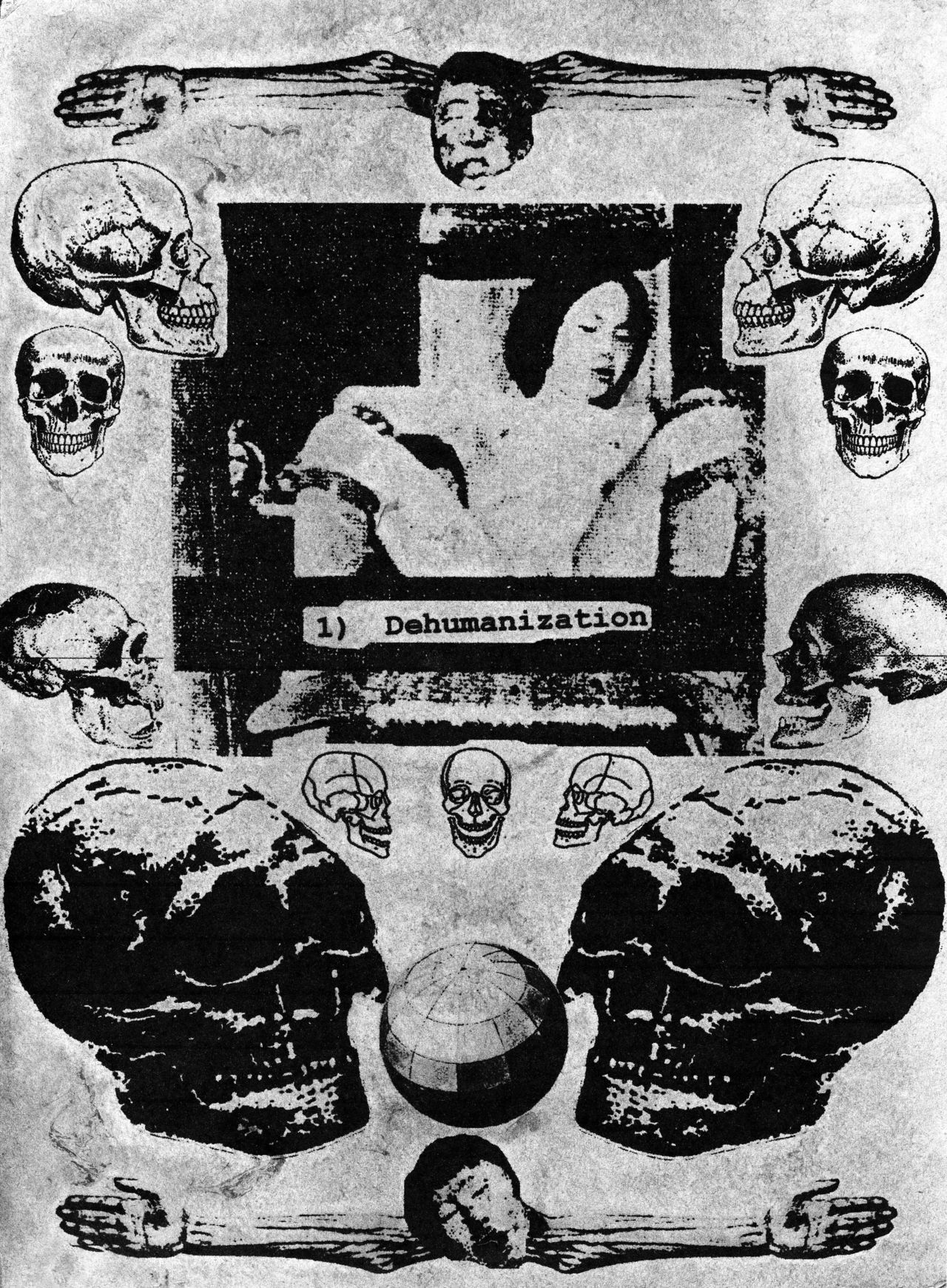



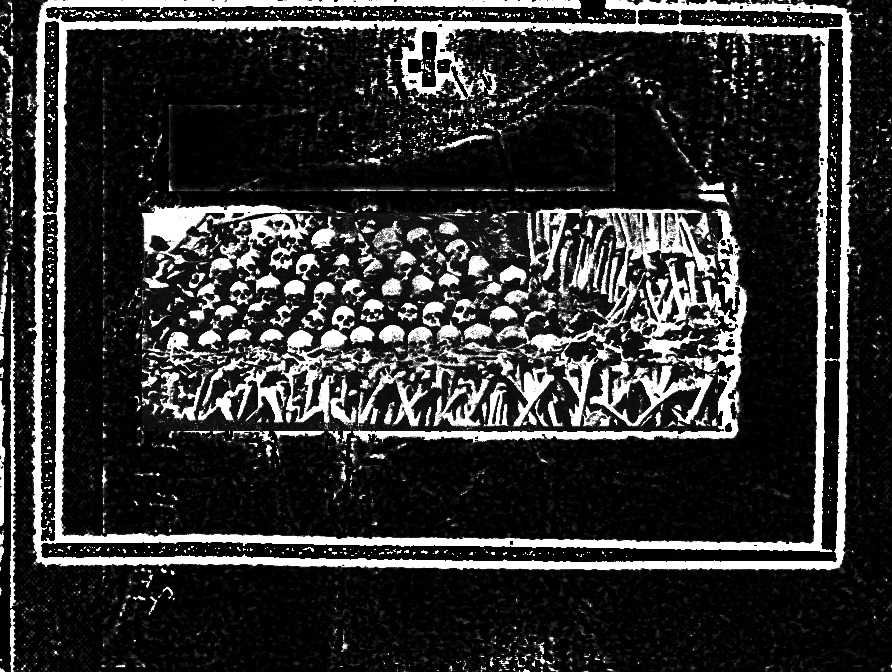
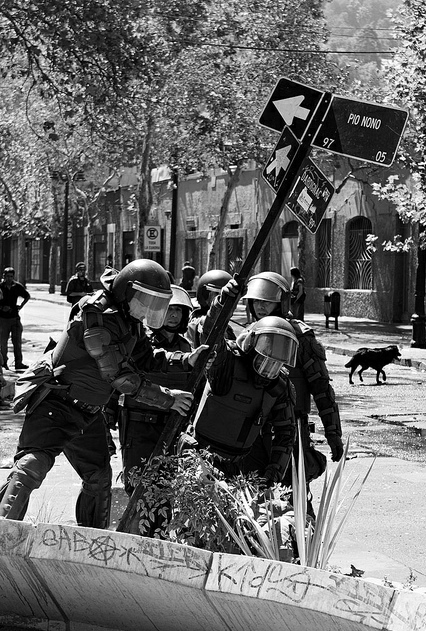



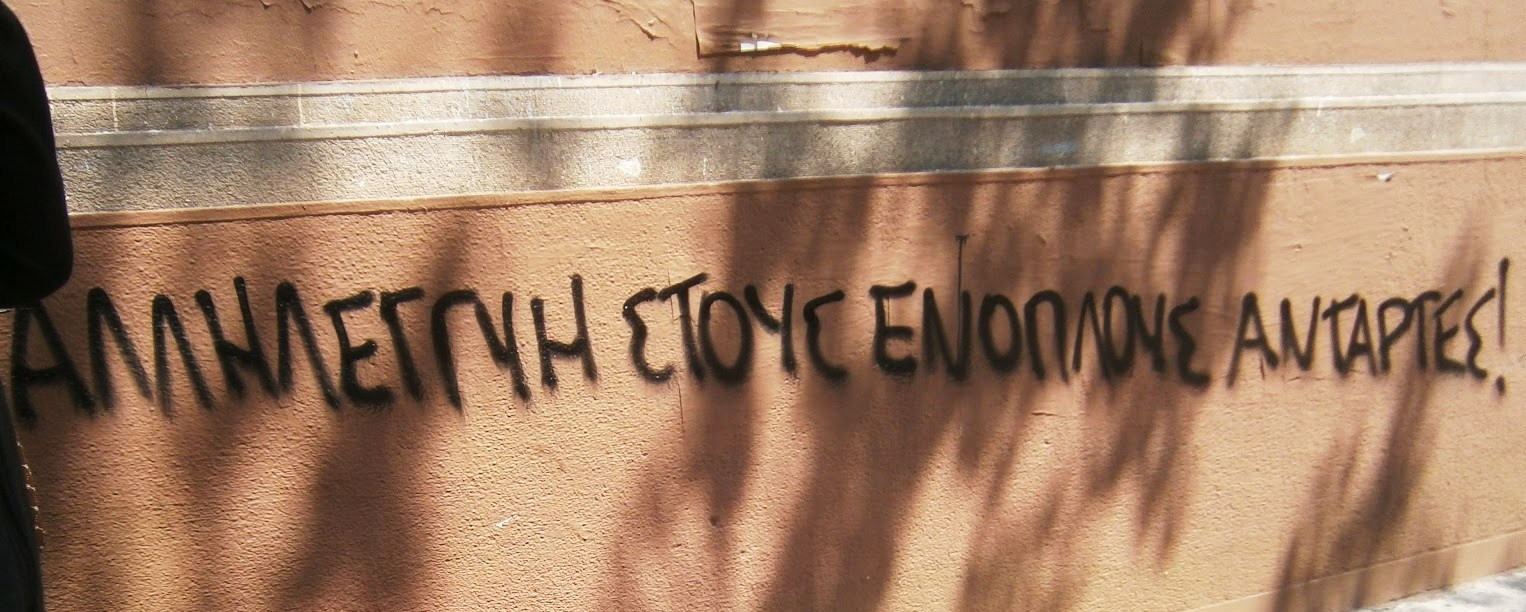

![Eurorepressione - Sulla conferenza a Den Haag sul tema "Anarchia" [corretto]](http://25.media.tumblr.com/tumblr_m0jvngOXtY1qa2163o1_1280.jpg)

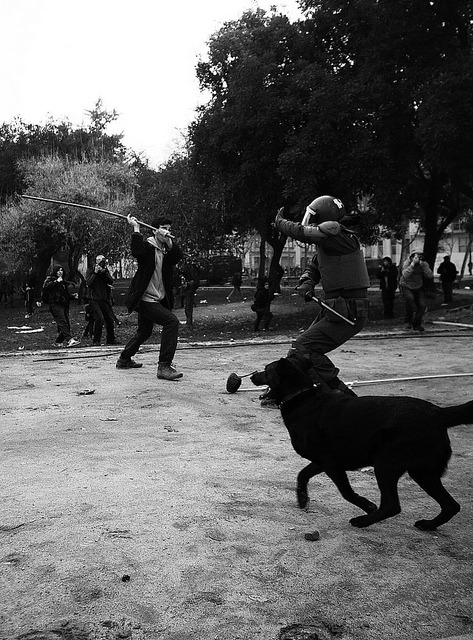
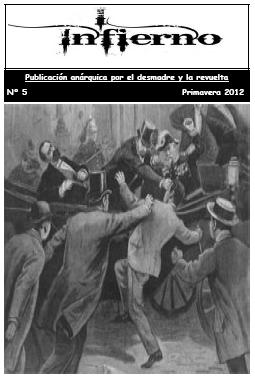
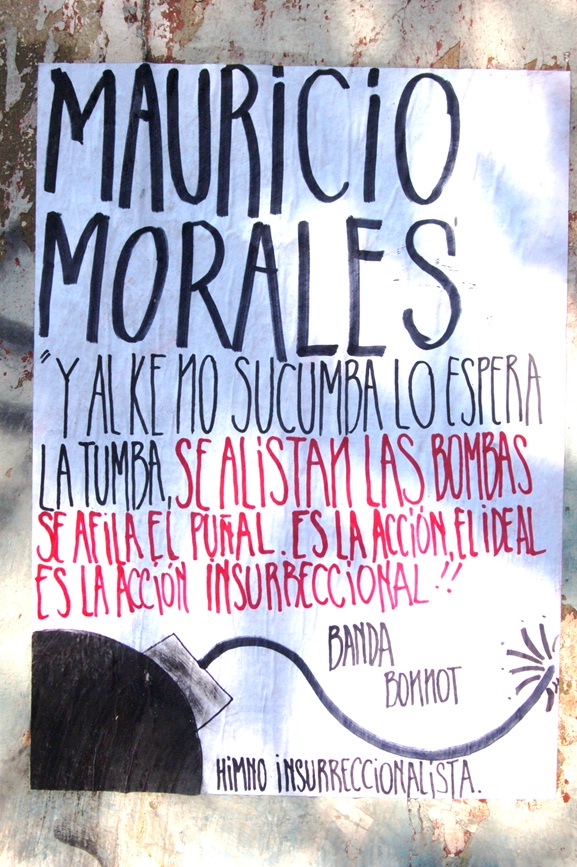
![A tres años de la Partida de Mauricio Morales: De la Memoria a la Calle [Stgo.]](http://metiendoruido.com/wp-content/uploads/2012/05/mmacividad.jpg)

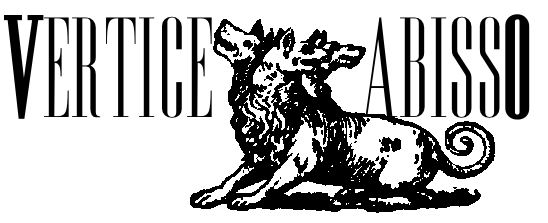



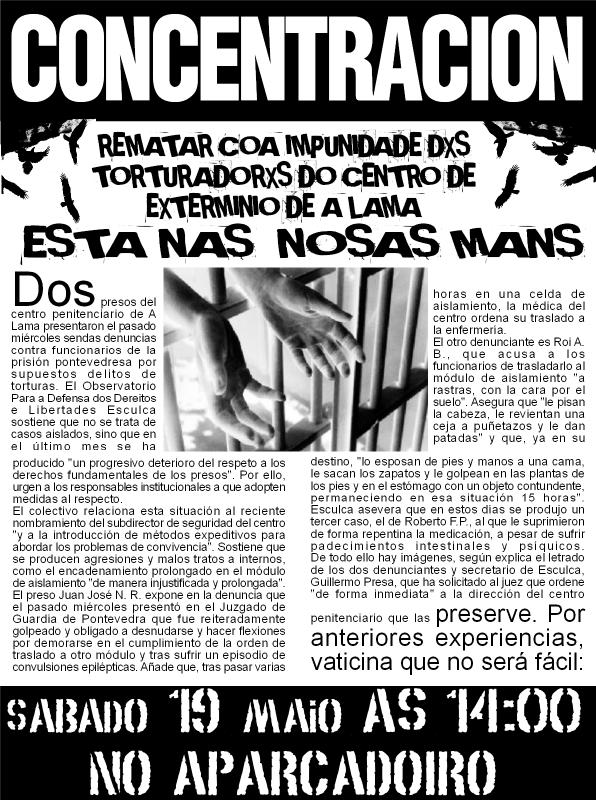

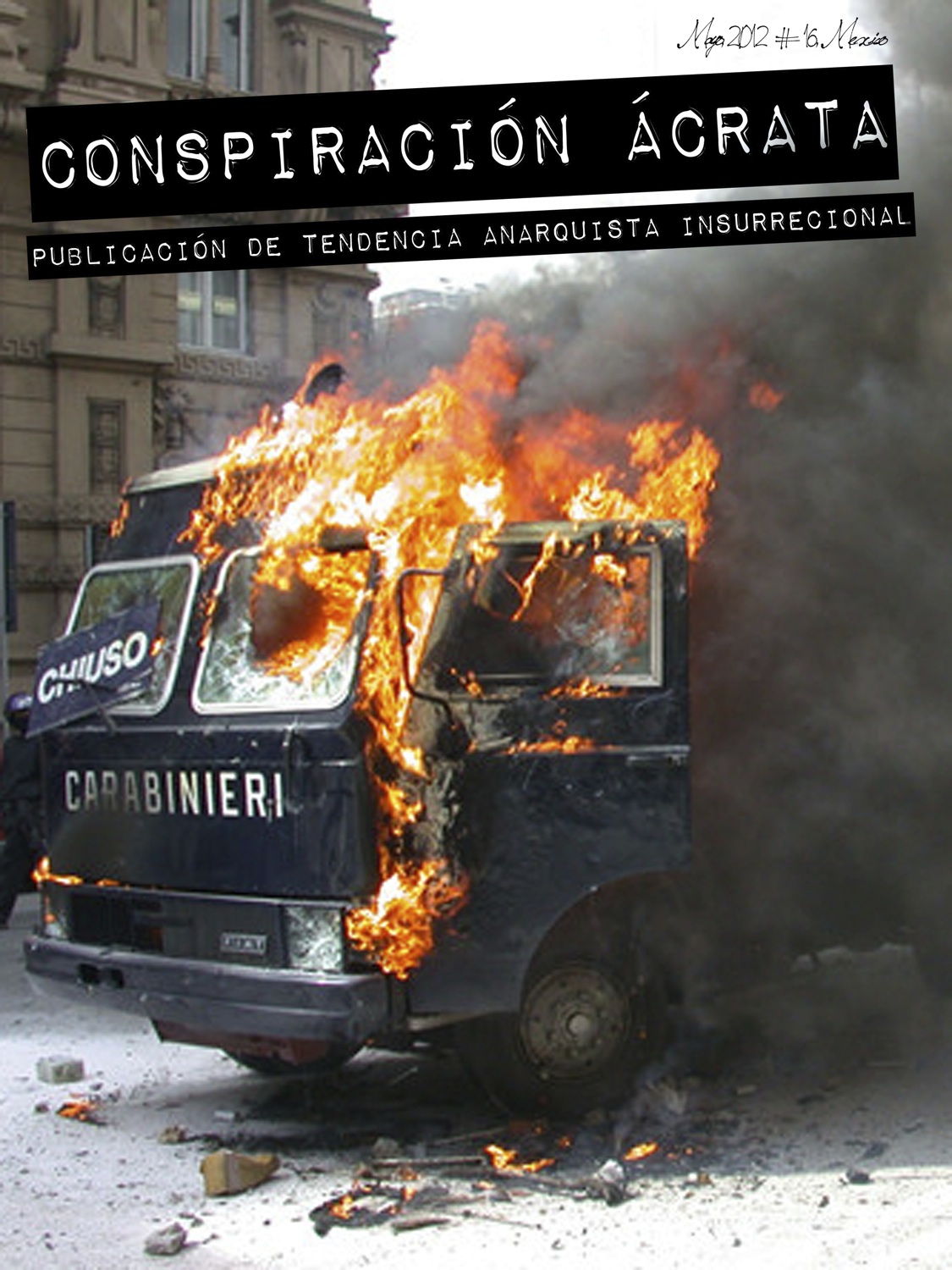

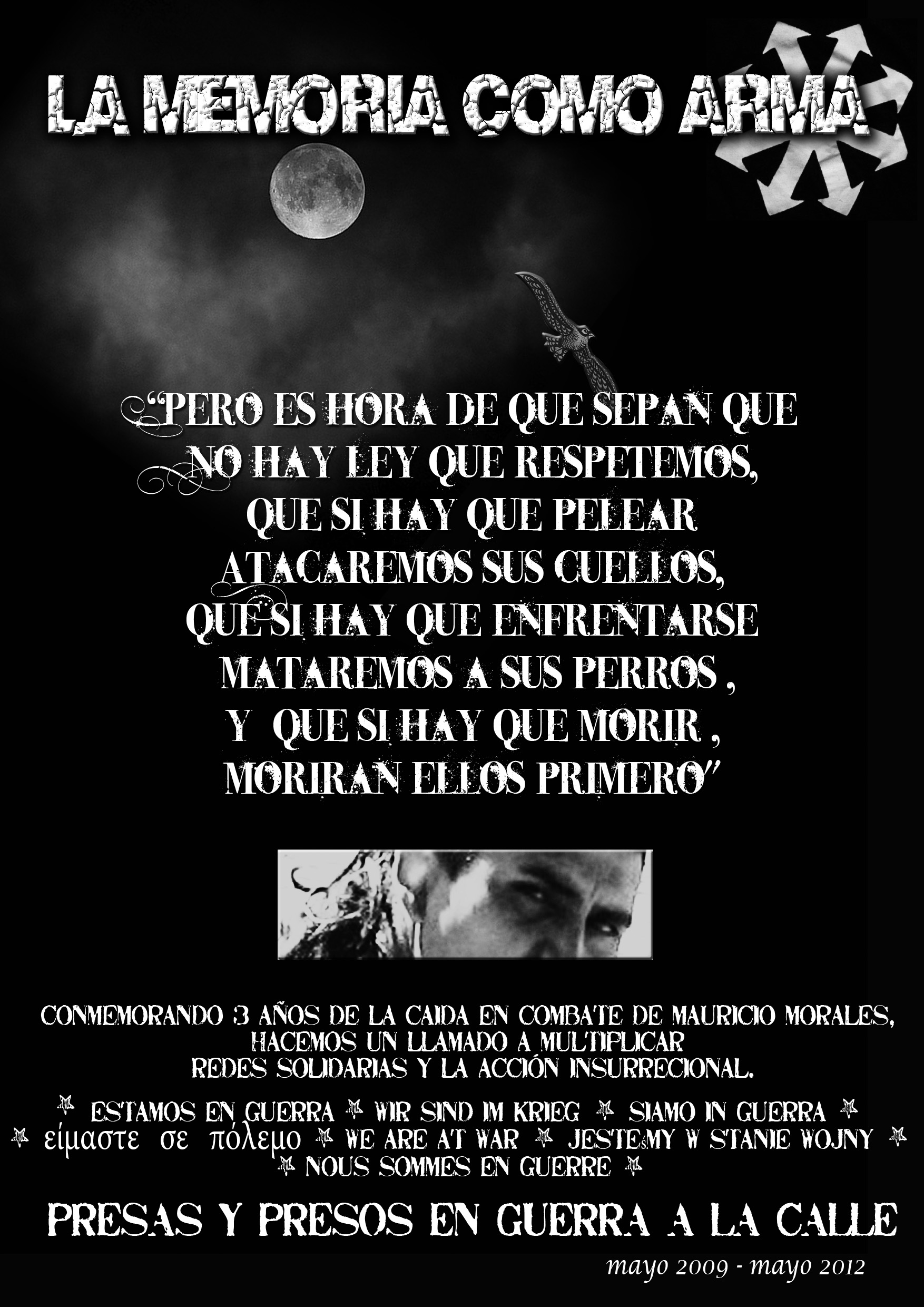
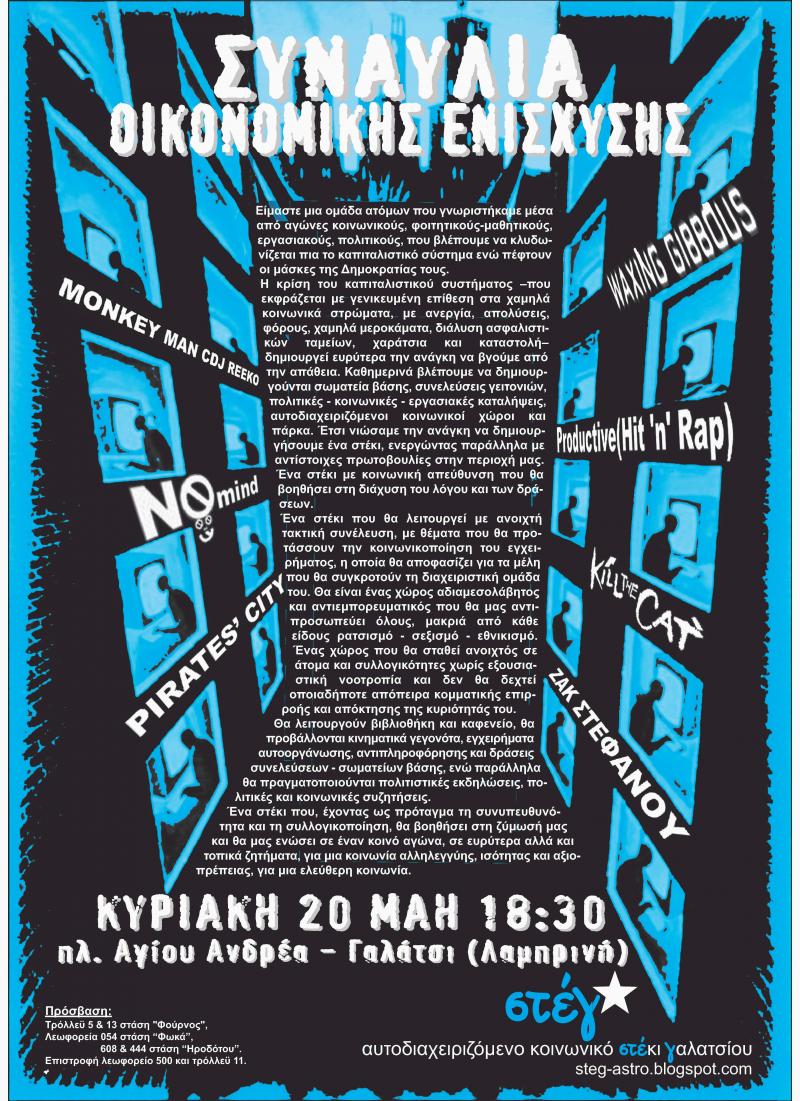








Nessun commento:
Posta un commento